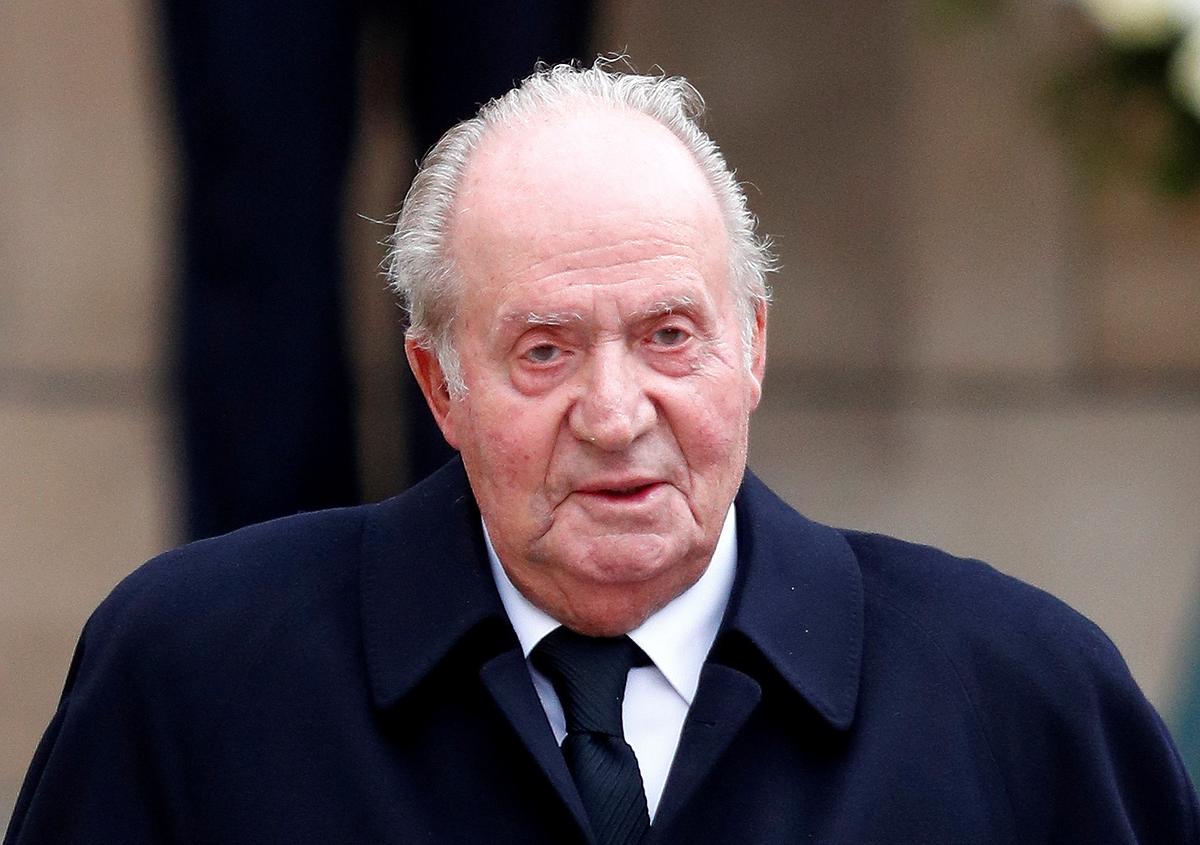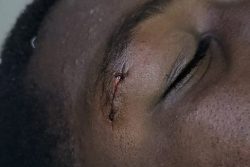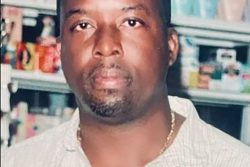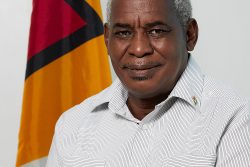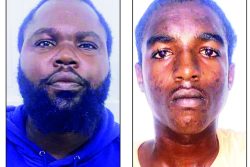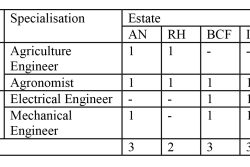MADRID, (Reuters) – Spain’s former king Juan Carlos has gone to the Dominican Republic after leaving his home country under a cloud of scandal, Spanish newspapers said today.
The royal palace announced yesterday that Juan Carlos, who abdicated in 2014 over a previous scandal, was leaving so that his personal affairs would not affect his son Felipe’s reign.
The palace did not say where the 82-year-old had gone.
Pressure had been building on Juan Carlos and Felipe to take action to protect the monarchy, after Spanish and Swiss prosecutors started examining allegations of bribes relating to a high-speed rail contract.
But his surprise exit left Spaniards divided over whether Juan Carlos, who was a prominent figure in the transition to democracy after the death of dictator Francisco Franco in 1975, should have stayed to face justice. “I think he’s running away like a coward. He should admit what he has done and be up front,” said Madrid resident Paz Rodriguez.
Retiree Manuela Fernandez was more understanding. “I don’t think it’s wrong for him to leave,” she told Reuters. “However, if he’s leaving because he is running away from the issue I don’t like it.”
DOMINICAN EXILE
Juan Carlos’ lawyer said on Monday the ex-king would “remain at the disposal” of prosecutors. Neither the lawyer nor the Royal House have commented on whether Juan Carlos has left Spain or where he is. Via his lawyer, the ex-king has repeatedly declined to comment on the corruption allegations.
La Vanguardia said Juan Carlos, who is keeping the title of King Emeritus, left the palace on Sunday, before going to Portugal by car on Monday and flying on to the Dominican Republic.
The former monarch plans to stay for a few weeks with a family who made their fortune in sugar plantations, before looking for a new destination, the newspaper said, without citing a source. The ABC newspaper also said Juan Carlos had gone to the Caribbean country.
Amid speculation over the former king’s travel plans, Portuguese TV channel TVI24 and the Correio da Manha tabloid said on Monday that he was in Cascais, a resort near Lisbon, where he spent part of his childhood.
While prosecutors in Geneva and Madrid are looking into offshore accounts and possible bribes, Juan Carlos is not formally under investigation in either country and so is not technically a fugitive.
The Geneva prosecutor’s office did not immediately respond to a request for comment. In Spain, the Supreme Court’s prosecutor’s office said it was carrying on with its investigation, adding that Juan Carlos’ decision to leave changed nothing.
Switzerland classifies the Dominican Republic as a country with which judicial cooperation is “very difficult”, but Spain has an extradition agreement with it.
“EVADE JUSTICE”?
Many of Spain’s newspapers sought to defend the former king’s achievements.
“The disappointing … conduct by Juan Carlos in the last years of his reign cannot make us forget his irreplaceable contribution to Spaniards’ progress and freedom during close to half a century,” the left-leaning El Pais said in an editorial, adding that it would be irresponsible to launch a debate on the monarchy now because Spain needs stability.
Prime Minister Pedro Sanchez, who has not yet commented on the former king’s departure, is due to give a news conference on Tuesday after the weekly cabinet meeting.
But his leftist Podemos allies have criticised the king’s departure.
“Everyone considers that it has to do with trying to evade justice and I believe that in Spain people no longer want impunity or corruption,” Equality Minister Irene Montero told Cadena Ser radio.
Jose Juan Toharia of polling firm Metroscopia said the royal household’s handling of the situation was likely to go down well with Spaniards, because Juan Carlos had said he would answer any legal case and Felipe inspires the trust of 70% of the population.
